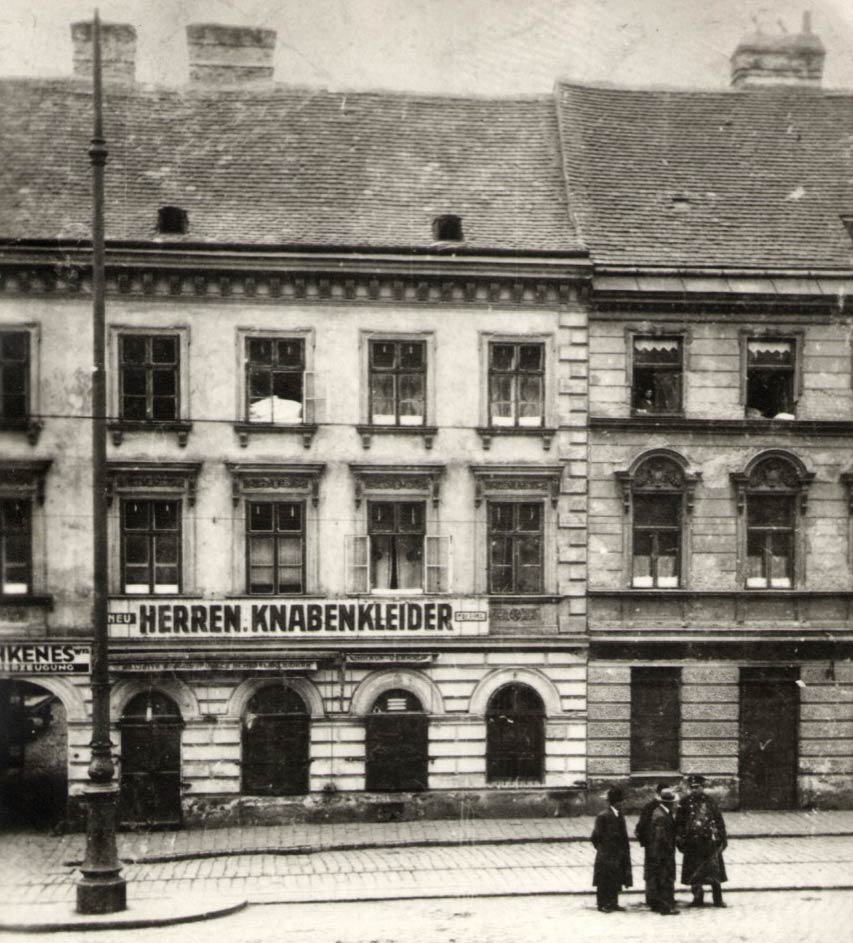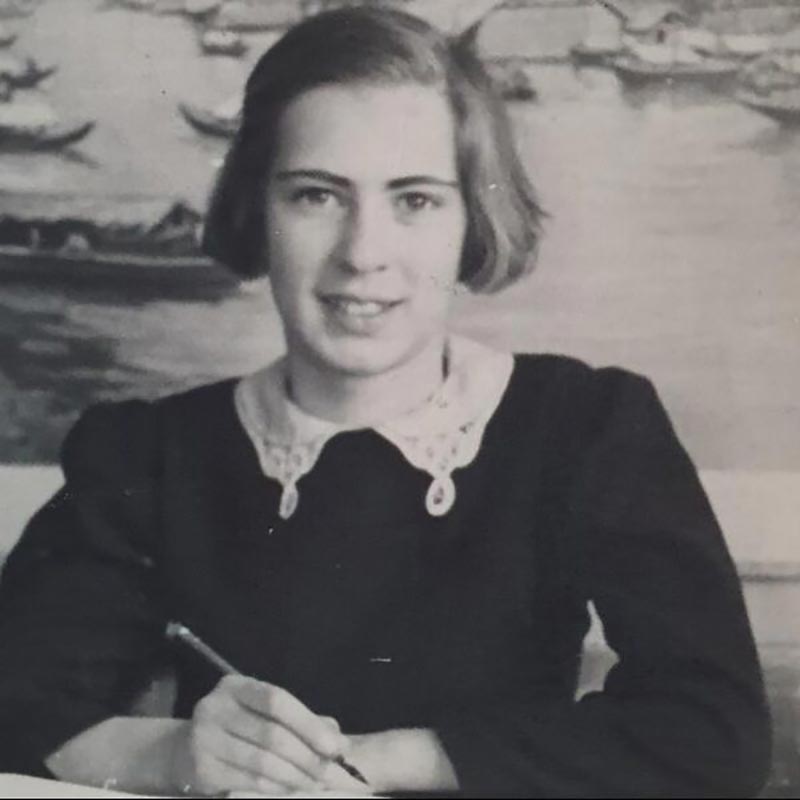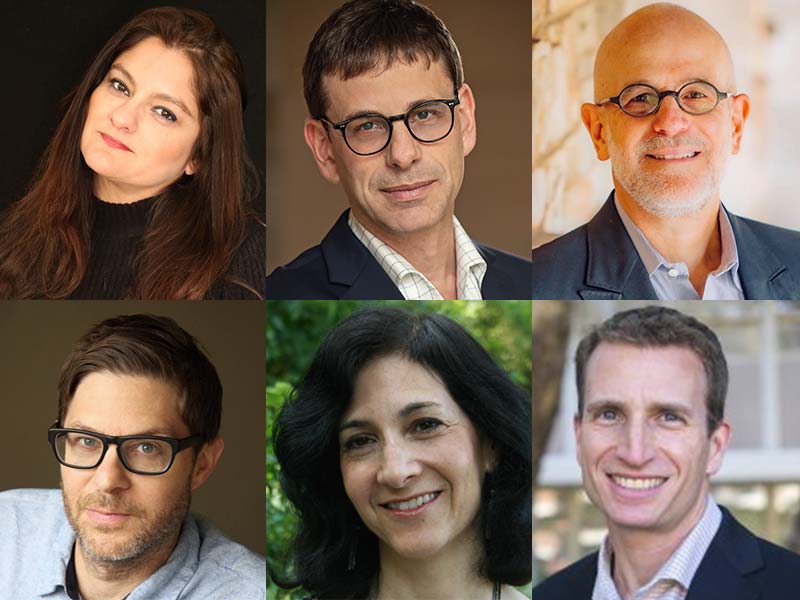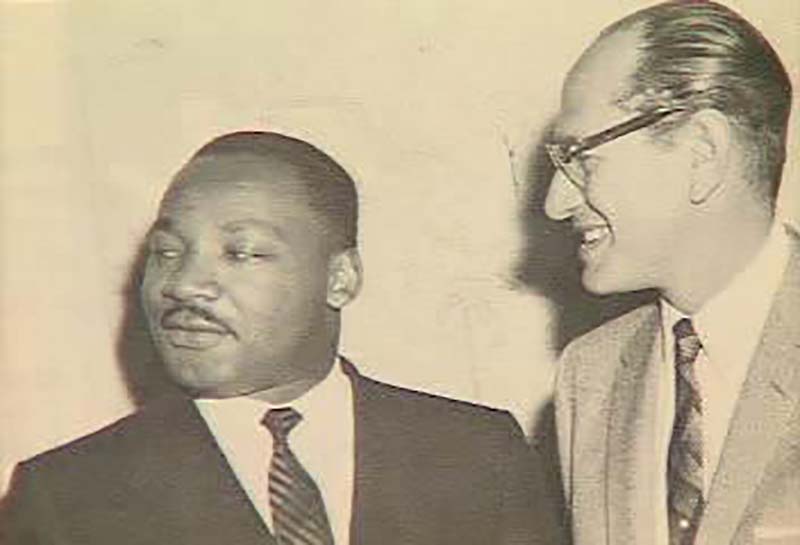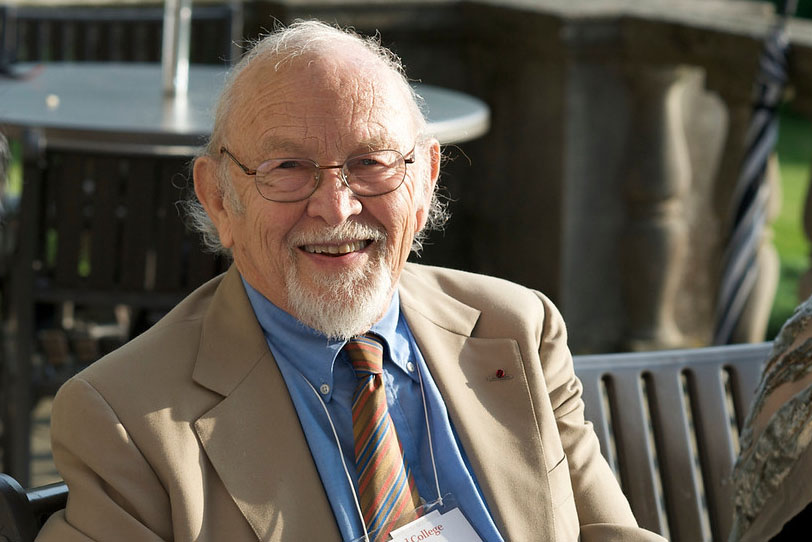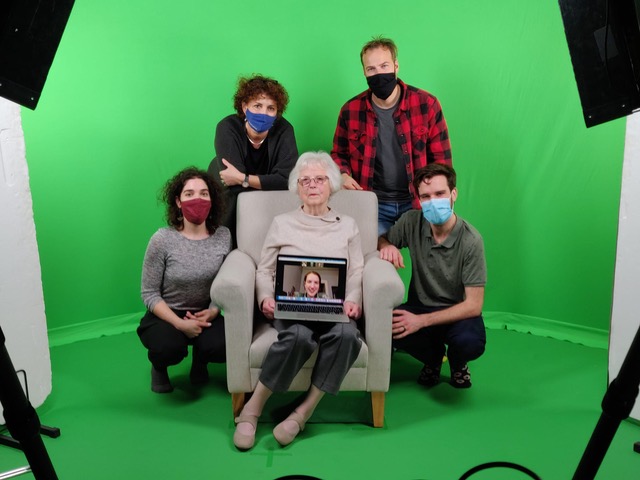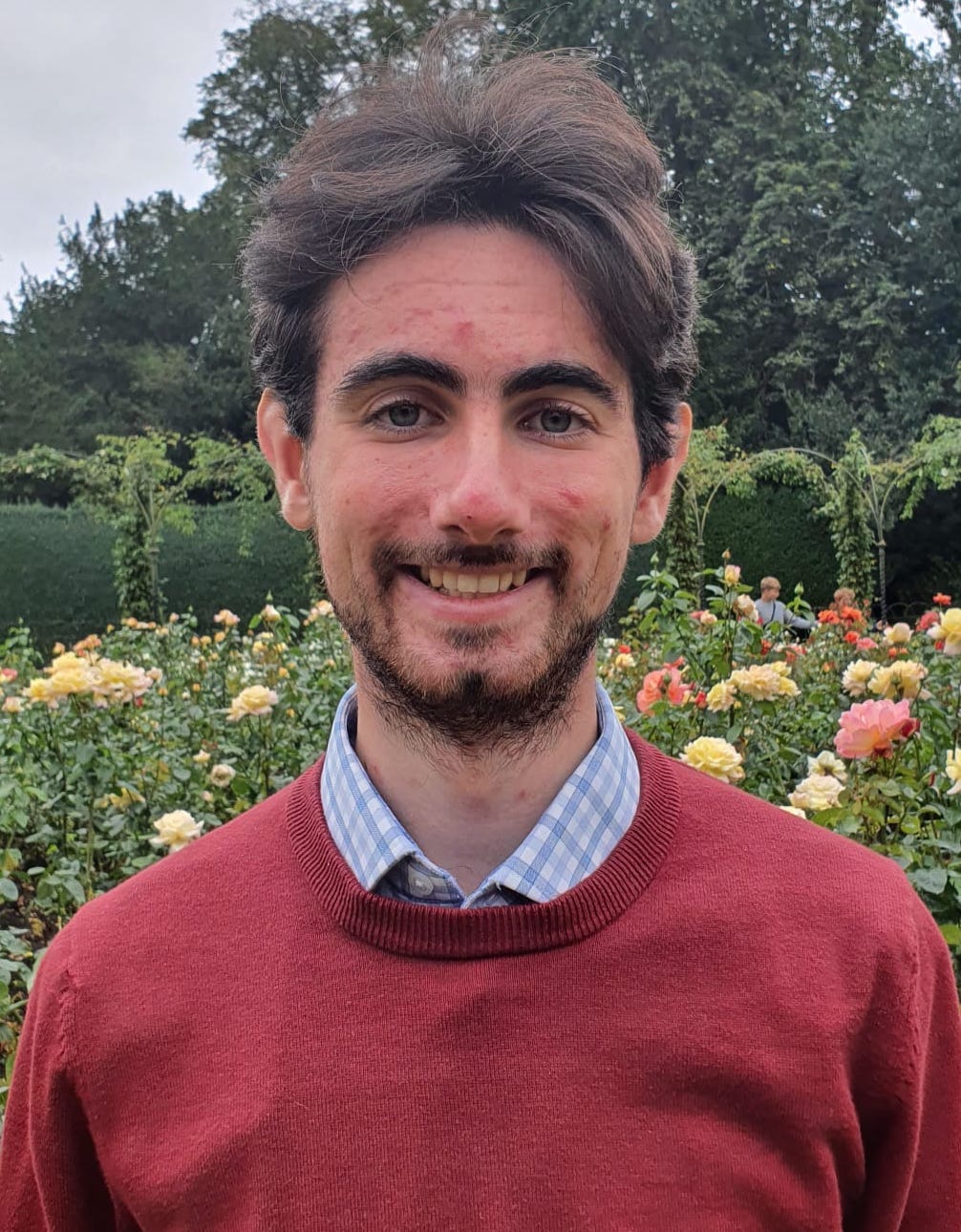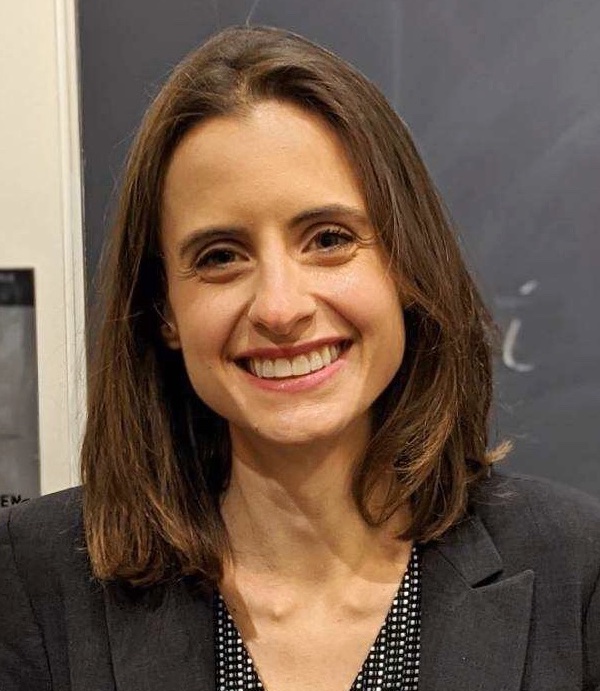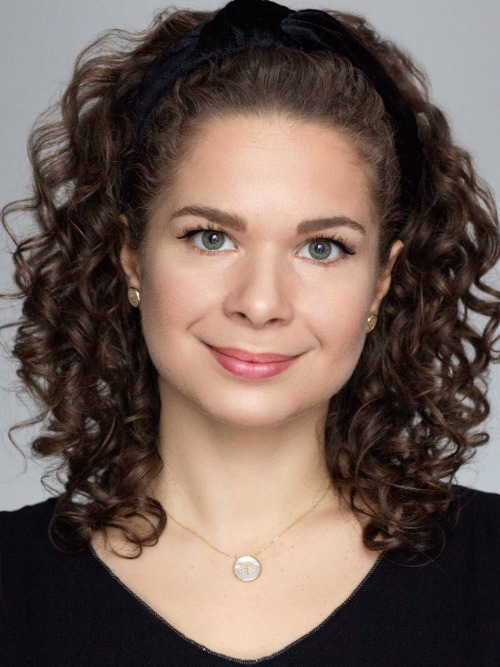USC Shoah Foundation today launches a new Virtual IWalk web app that enables students and teachers to tour historic sites online while watching and listening to witness testimonies from the Visual History Archive.
For weeks, Eva (Geiringer) Schloss and a small band of young women had been exploring the far corners of the women’s section of Auschwitz-Birkenau, alone and, for the first time in months, unwatched.
It was January 1945, and Allied forces were nearing the camp. The SS had already evacuated most of the surviving inmates by way of middle-of-the-night marches in freezing temperatures. The gas chambers and crematoria had been destroyed. The SS guards had fled.
In a five-hour interview with USC Shoah Foundation, Justus Rosenberg refers to himself as “small fry,” “a cog,” an unimportant person. And perhaps it was for this reason that for decades, the Bard College literature professor hadn’t let on—to his colleagues, to his students, and even, for a time, to his own wife—that he had fought and outwitted the Nazis during World War II to save thousands from persecution.
Two Holocaust survivors and friends of USC Shoah Foundation, Max Eisen and Dr. Agnes Kaposi, have been recognized by Queen Elizabeth II for their work in Holocaust education.
Eisen was appointed to the Order of Canada for his “contributions to Holocaust education, and his promotion of transformational dialogue on human rights, tolerance and respect.”
Barnabas Balint, a PhD candidate at Magdalen College at the University of Oxford, UK, has been awarded the 2021-2022 Breslauer, Rutman, and Anderson Research Fellowship at the USC Dornsife Center for Advanced Genocide Research. He will be in residence at the Center during Spring 2022 in order to conduct research for his dissertation, which is entitled “Accelerated Development into Adulthood: The Changing Roles of Young Hungarians During the Holocaust.”
Charlotte Kiechel, a Ph.D. candidate in Global History at Yale University, has been awarded the 2021-2022 USC Shoah Foundation Robert J. Katz Research Fellowship in Genocide Studies. She will be in residence at the USC Dornsife Center for Advanced Genocide Research in Spring 2022 to conduct research related to her dissertation, which is entitled “The Politics of Comparison: Holocaust Memory and Visions of ‘Third World’ Suffering, 1950-1995.”
Lilia Tomchuk, a PhD candidate at the Fritz Bauer Institute at Goethe University Frankfurt, has been awarded the 2021-2022 Margee and Douglas Greenberg Research Fellowship at the USC Dornsife Center for Advanced Genocide Research. She will be in residence at the Center in Spring 2022 in order to conduct research for her dissertation, which is entitled “Dimensions of Jewish Women's Experiences During the Holocaust in Occupied Ukraine.”
